The truth when going to the toilet and the strong smell on the body made the eunuch extremely miserable
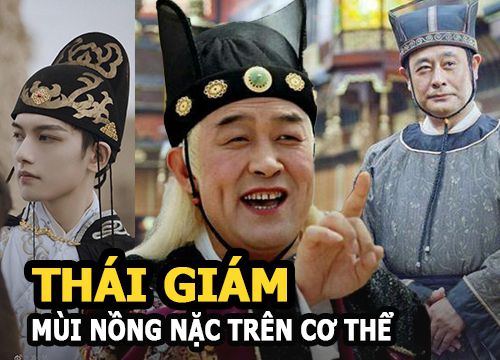
5 | 0 Discuss | Share
During the Chinese feudal dynasties, the Emperor was the one who held the highest status and power. To maintain the royal bloodline, the kings at that time mostly owned harems with thousands of concubines and beauties.
Once upon a time, becoming the king's wife was the life-changing dream of many young girls in the world. Because once they enter the Three Palaces and Six Institutes, they will enjoy a luxurious and rich life, with no shortage of servants and subordinates.
Until the end of the Qing Dynasty, even though the situation in the country was unstable and the lives of the people were miserable and miserable, the princesses in the harem still enjoyed "heavenly" treatment. And the truth is that their luxurious life behind those walls contains many things that are hard to imagine.
The concubine took a luxurious bath, so expensive that even the eunuch was scared
In the impression of posterity, the concubines and queens are the people who enjoy a luxurious and happy life with countless servants and subordinates. This is also understandable, because their husband is the Emperor - who holds all the wealth in the world.
According to Sina, at the end of the Qing Dynasty, although the situation in the country was very unstable, the lives of the princesses in the Forbidden City were still no less luxurious than during the prosperous times. And the little-known anecdotes about the bathing of Thanh Cung's concubine below are proof of this.
Sun Dieu Dinh - the last eunuch of China described: "The concubine of the harem has an extremely luxurious life, even taking a bath, she has never had to do it herself, from undressing to walking. Feet entering the bath are served by the palace maids and eunuchs.
In the process of bathing, the palace people not only need to serve carefully but also kneel to show respect. Because the bathing time of the concubines usually lasts a long time, for the palace maidens, the eunuchs say, every time they serve these masters to take a bath, it is very painful."
For example, Empress Dowager Tu Hy, there was an anecdote that once told that her "work" of bathing each time cost hundreds of towels, which were only used to wipe once and then thrown away. Every time she bathed, she performed two separate steps for the upper and lower body. And when switching to cleaning each different part, the servants must use a new set of tools.
However, this Empress Dowager did not care how much her "work" of bathing cost a lot of human and material energy. Therefore, that lavish and extravagant lifestyle continued until the time of her death.
How often do Chinese women take a bath?
This is probably the question that most people wonder when it comes to this topic of bathing of ancient Chinese women. In the early Qin Dynasty, Chinese women performed "one wash every three days, every five days a bath", until the Han Dynasty they even had a separate day to bathe, called "Xumu" , every 5 days, on this day, just like a day off in the week, they will put aside all their work and spend most of their time bathing. In the Tang Dynasty, time was extended to 10.
The unspeakable grief of the concubines behind the luxurious life
Although they lived in luxury all their lives, the truth was that the Qing Dynasty princesses had to go through a strict life every day, no less than the military environment.
They have to get up at 5 a.m. every day to wash their faces, change their clothes, and put on makeup. The higher the status, the more time it takes to preserve this image. At 6 o'clock, the concubines of the harem under the leadership of the Empress will come to visit the Empress Dowager. After that, they were again taken to the Queen's palace by Hoang Quy and other concubines to continue the morning ritual.
These greetings will end at around 7 o'clock. At this time, the princesses can have their first meal of the day. Their rice rations are also divided to show their rank. In the harem, only people with the rank of Concubine and above are allowed to eat eggs. Meanwhile, the Queen's meal will be filled with precious ingredients such as Goryeo sticky rice, peas, goji berries...
The period from 9am to 11am is when concubines build their relationships by going to other people's palaces or inviting them to their place to chat.
From 11 a.m. to 2 p.m. is the time to use good practice and take a lunch break. It was not until after 14 pm that the princesses had time to relax and work freely according to their preferences.
At 5 p.m., they once again needed to go to the palace of the Empress Dowager and Empress to ask for the last time of the day, then return to wait for the Emperor to turn the table.
If she is not chosen to be the maidservant that day, the concubine can take a bath, use her virtue, and then go to rest. On the contrary, if they are transmitted to the royal palace, they will spend the evening time preparing and bathing, and then taken to the king's palace to serve.
Due to the regulation of Thanh Cung, except for the Empress, the concubines are not allowed to stay overnight with the Emperor, so these concubines must return to their palace after being impregnated. can rest.
Looking at the above timetable, it is not difficult to see that the life of the Qing concubines was bound by many cumbersome rules in the harem. Not only that, in order to have the opportunity to be favored, most of them are willing to bet their lives on the fierce struggles in this place..
But whether they are blessed or not, once they enter the forbidden palace, the fate of those people is forever imprisoned in the magnificent lipstick cage of the Emperor.
It's only a pity that the harem is a place where there is no shortage of beauties, old people go and new people come. Among them, there are those who are fortunate to be favored for a while, there are also people who have not been able to see the dragon face for a lifetime, and then quietly wither in the lipstick cage in the Forbidden City.
The secret of the Qing harem is far from the movies, the audience is surprised because they have been deceived for so long 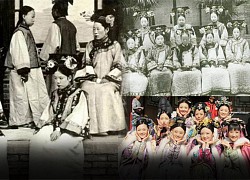 team youtube18:00:26 20/05/2021The Qing Dynasty is a Chinese dynasty founded by the Manchus. This was also the last feudal dynasty in Chinese history. Many filmmakers have relied on this dynasty to create immortal historical works of archery. However, the truth is that the Qing Dynasty harem is far different from the movies we usually see
team youtube18:00:26 20/05/2021The Qing Dynasty is a Chinese dynasty founded by the Manchus. This was also the last feudal dynasty in Chinese history. Many filmmakers have relied on this dynasty to create immortal historical works of archery. However, the truth is that the Qing Dynasty harem is far different from the movies we usually see

5 | 0 Discuss | Share
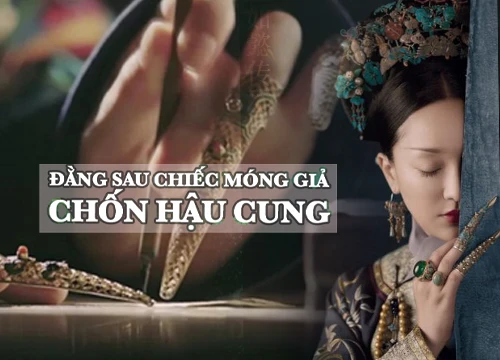
3 | 0 Discuss | Share
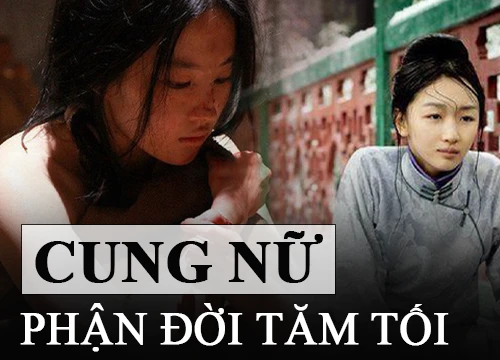
3 | 0 Discuss | Share

4 | 0 Discuss | Share
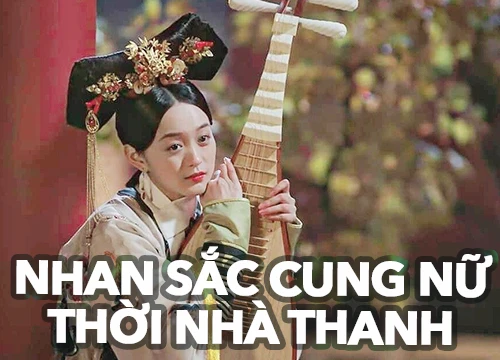
3 | 0 Discuss | Share
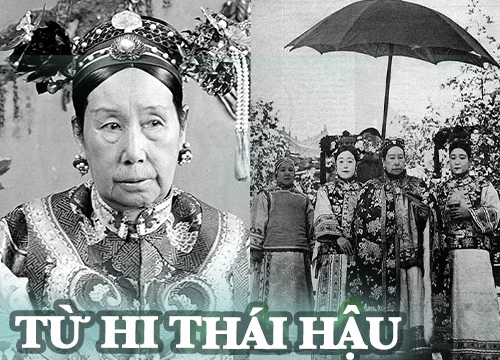
0 | 0 Discuss | Share

4 | 0 Discuss | Share
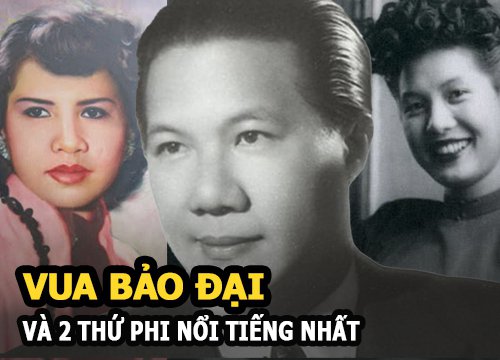
3 | 0 Discuss | Share

4 | 0 Discuss | Share

3 | 0 Discuss | Share


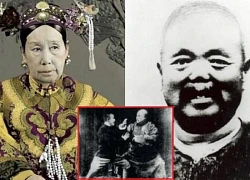
4 | 0 Discuss | Report